Pandemic Playlist: 5 songs from jazz icon Ella Fitzgerald that feel like a warm blanket on a cold winter night

Ella Fitzgerald has found herself once again immortalized, this time via a documentary film that charts her over-half-a-century career as one of the reigning queens of jazz music. With tunes that ranged from euphoria and reveling in the joy of young love to ones that lamented the bittersweet end of a relationship or the lack of 'something to live for', Fitzgerald's remarkable musical abilities set her apart from her contemporaries, and in the decades since her passing, very few have managed to convey her songs with the same level of quiet, dignified emotion that the Queen of Jazz once did.
In honor of one of the greatest singers of all time, here are five tracks that speak to emotions and experiences we've all had at some point in our lives.
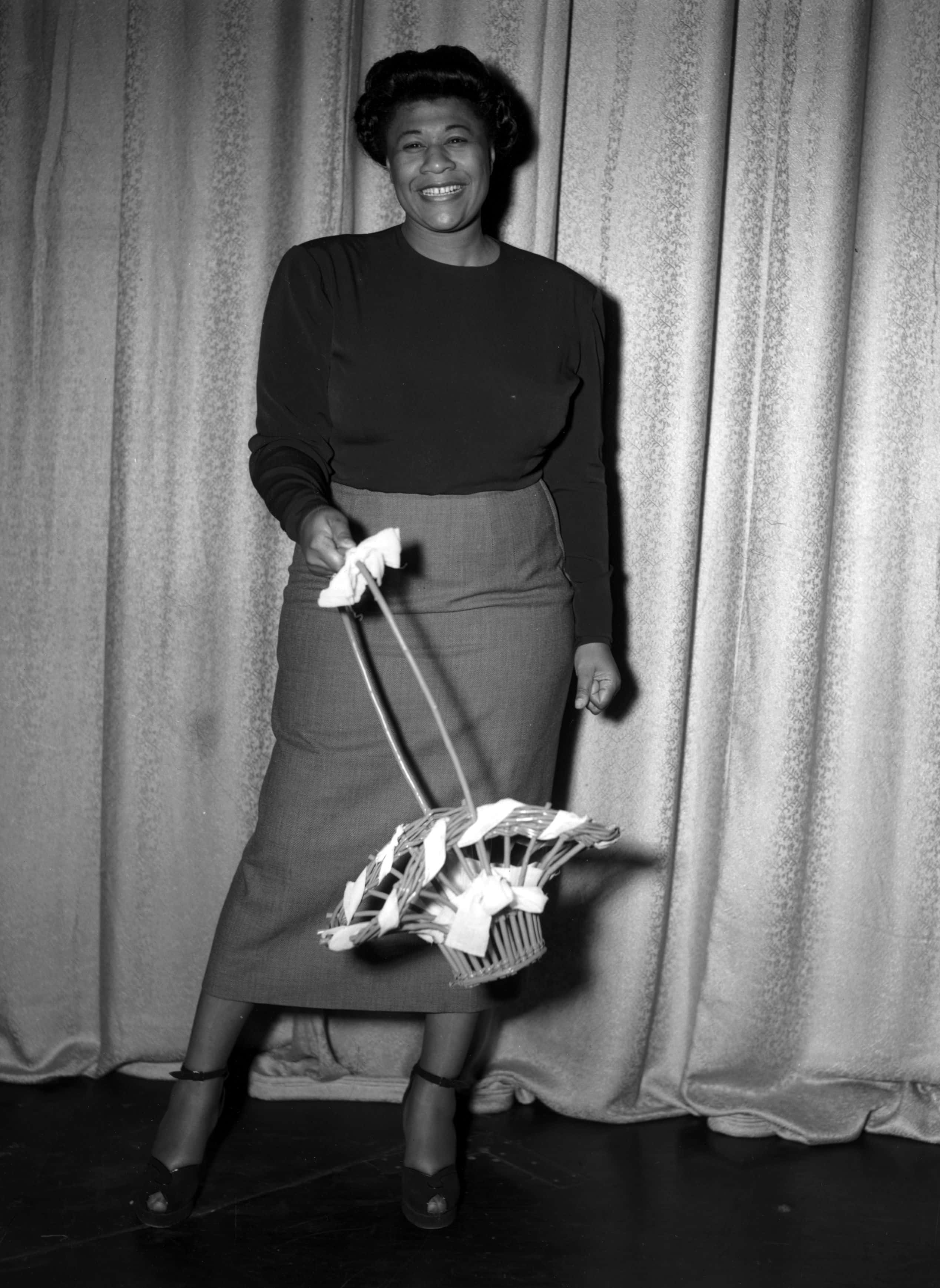
'Something To Live For'
While most famously associated with her coyly flirtatious love songs and her improvisational abilities, another area where Fitzgerald excelled was in songs that spoke to the daily struggles most of us find ourselves dealing with. On 'Something To Live For', Fitzgerald beautifully conveys the emptiness of a life without purpose, where no amount of material wealth seems to have the power to fill the void of not having romance or adventure in one's life. Pandemic or not, this is an all-too-relatable struggle, particularly in a modern fast-paced world where it's difficult to see too far ahead into the future. For most, modern life is a stream of quick decisions and working towards stability, with moments of wandering aimlessly wondering what it's all for.
Fitzgerald calling out to her future lover telling them she wants something to live for while filled with a feeling of melancholy is also somehow comforting. After all, it's worth living for the romance and adventure that will someday cross out paths.
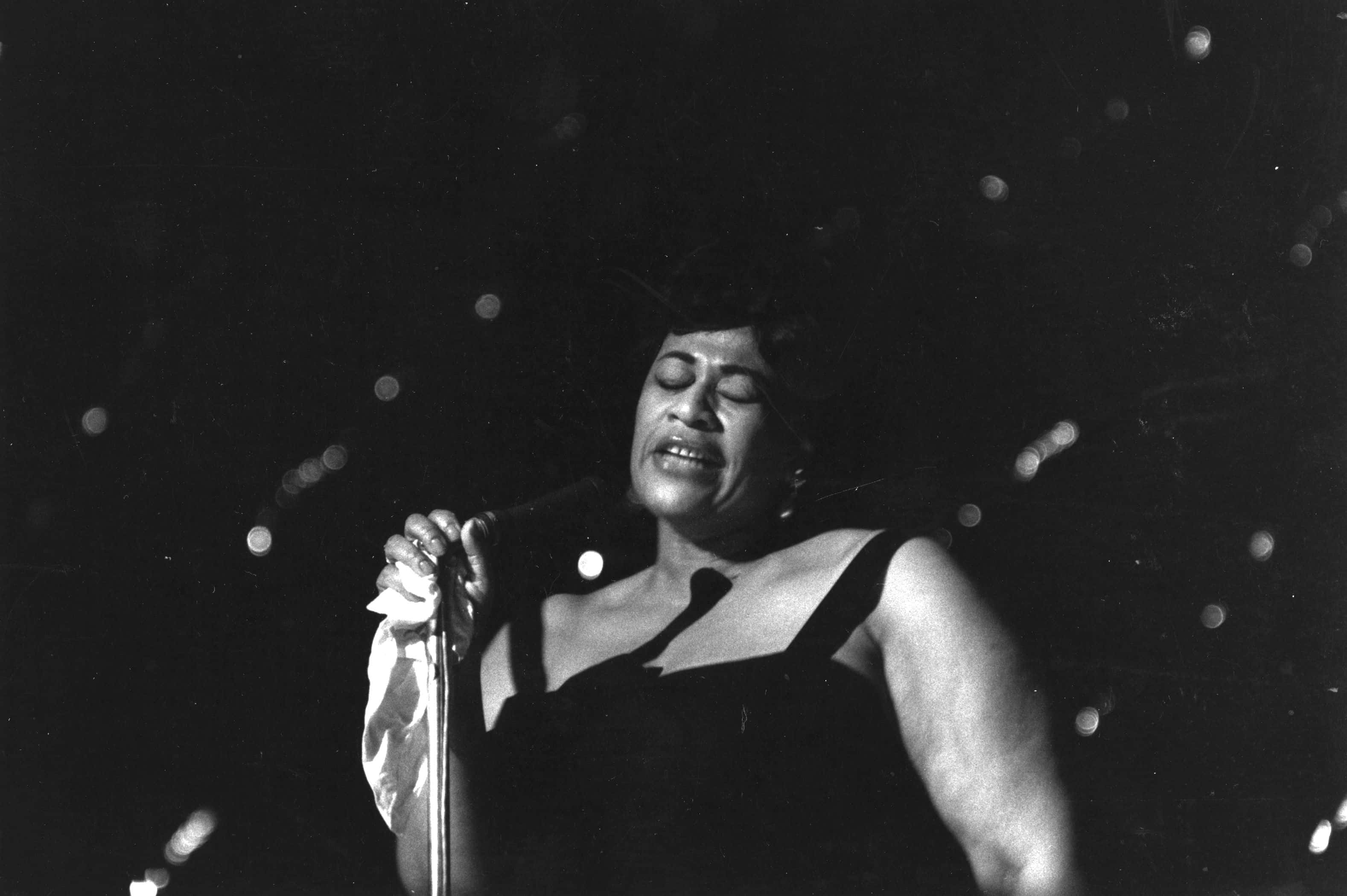
'Into Each Life Some Rain Must Fall'
This 1944 track was a duet by vocal jazz group The Ink Spots and featured pioneering African-American tenor Bill Kenny as well as Fitzgerald. With lyrics from Allan Roberts, a melody crafter by Doris Fisher, and a name that drew inspiration from the Henry Wadsworth Longfellow poem 'Rainy Day', this song has found an odd home on the soundtracks of several videogames. Upon its release, this track made its way to the top of both The Harlem Hit Parade and the Pop Charts, later regaining popularity after it was featured in games like 2011's 'LA Noire' and 2008’s 'Fallout 3'.
Oscillating between rainfall and sunshine as metaphors, the song laments the sadness in the singer's life before holding onto the hope that the happy times will find their way back to them. The song additionally highlights that more often than not, the good and bad tend to go together, and in a subtle way, encourages listeners to be patient and ride out the storm so they can enjoy the peace that follows. But in addition to it all, the song also gently points to love as being something that can heal or bring pain, pointing to how people deal with their heartbreak in their own time.
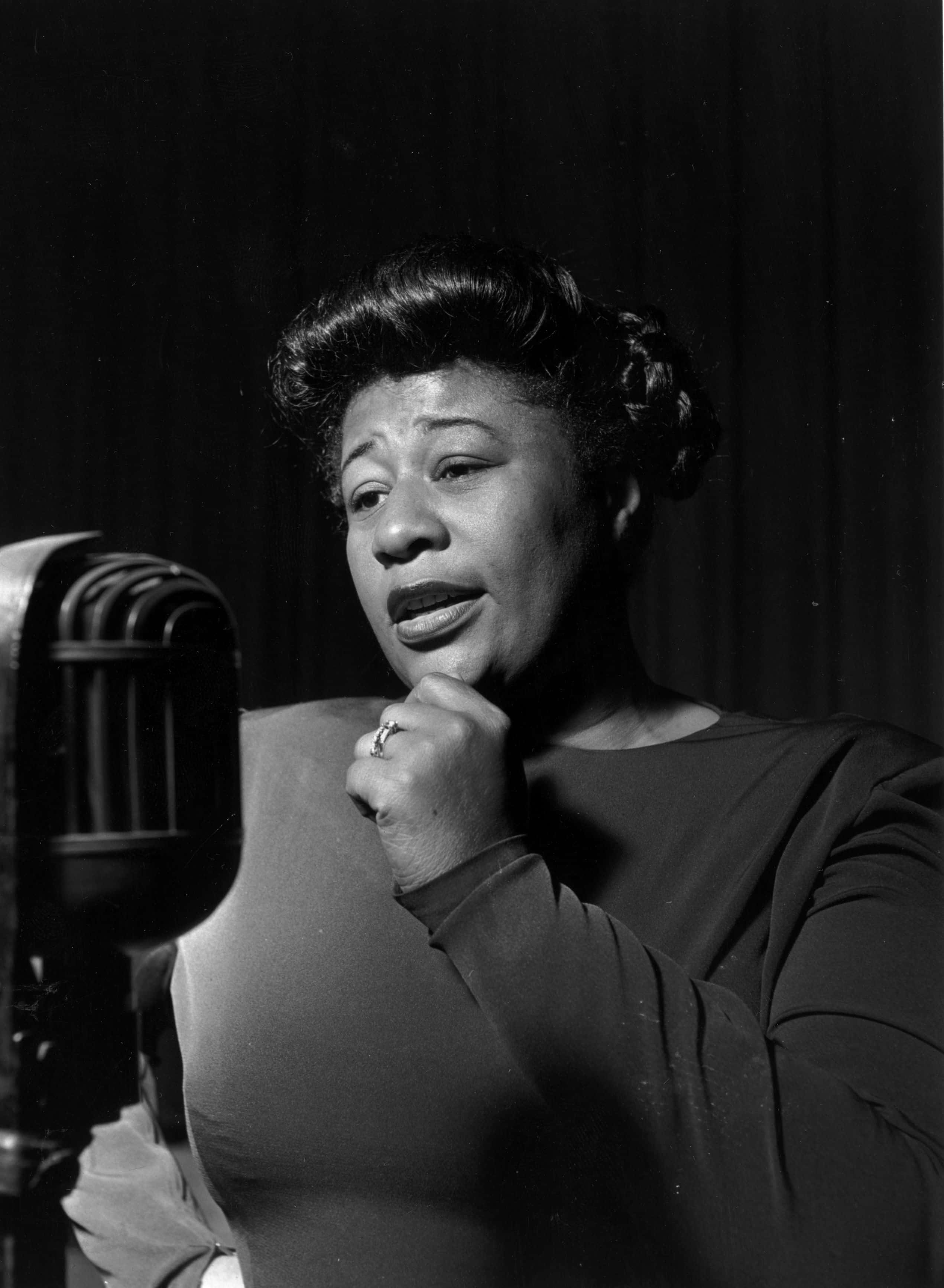
'Every Time We Say Goodbye'
This Cole Porter song was originally introduced in 1944, but Fitzgerald's 1956 rendition is generally considered to be the definitive version. In true Fitzgerald fashion, this song blends the soft smoothness of jazz with the melancholy of having to part with the one you love, with the singer wondering why the "Gods above" allow for such painful separations.
The song goes on to muse about the sweet song of a lark in the distance before wondering why the bird's love song has a "strange" change from "major to minor." In music, major chords generally pair with happier thematic elements, while minor chords denote sadness and melancholy. Rather cleverly, Porter incorporated a musical joke into the instrumentation of the song that has the chords change from minor to major in opposition to the lyrics that go from major to minor. But musical quips aside, this song is beautifully crafted from start to finish and tells the tale of wistful longing perfectly.
'My Heart Stood Still'
A list of Fitzgerald's songs would be incomplete without at least one of her many tracks that channel the sweetness of love at first sight. 'My Heart Stood Still', one of the many classics from songwriting duo Richard Rodgers and Lorenz Hart, has Fitzgerald singing about being totally awestruck, unable to walk or speak, after she sets her sight upon her love.
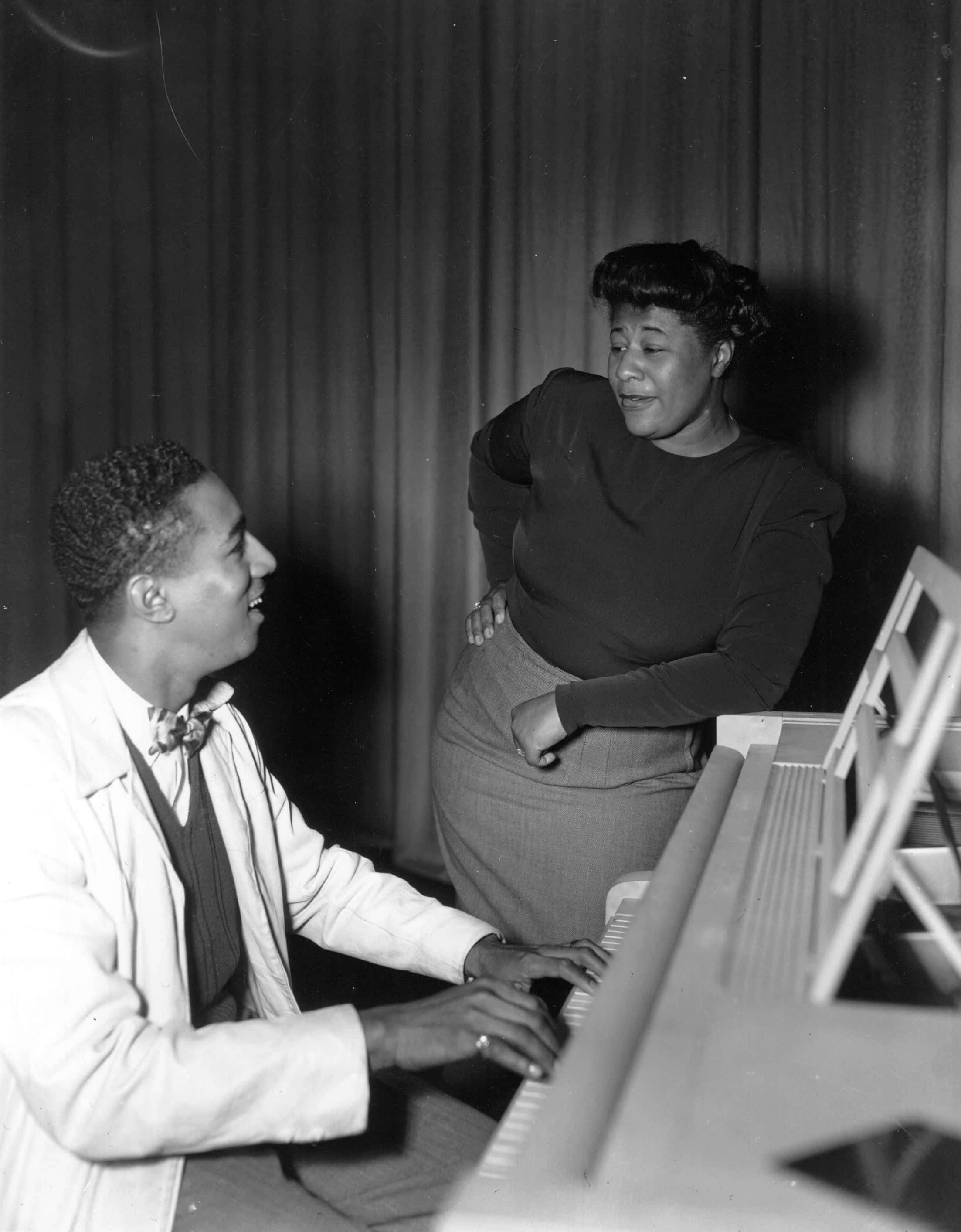
Originally written by the duo for the 1927 musical 'One Dam Thing After Another' and performed by actress Jessie Matthews and revived later the same year for the Broadway smash 'A Connecticut Yankee', the track, for all its romance, was actually inspired by a near-fatal tragedy. During a break in Paris, on a drive to Versailles, Rodgers and Hart were nearly run over by a cab. In response, one of their companions exclaimed, "My God! My heart stood still!" which prompted Hart to remark to Rodgers, "That's a good title." And not long after, Rodgers penned 'My Heart Stood Still' for 'One Dam Thing After Another'. Sadly, the song's inception and revival were bookended by tragedy, as Hart, who was struggling with depression and alcoholism disappeared the night 'A Connecticut Yankee' reopened in 1943 only to be found two days later in a hotel room terribly ill with pneumonia. He died shortly after. An orchestral version of the song was later used in the 1948 musical 'Words and Music', a fictionalized account of Rodgers and Hart's partnership, during the latter's death scene.
While the song has been covered numerous times by jazz and non-jazz artists alike, Fitzgerald's 1956 rendition is easily one of the best, mostly owing to the fact that not many can deliver that combination of innocent love and wise melancholy all at once quite like she can. And unlike most other versions Fitzgerald's includes the original opening and closing verses which reflect a change of heart with regards to love, as opposed to only one of the two, and sees the protagonist go from laughing at others in love to falling helplessly in love herself.
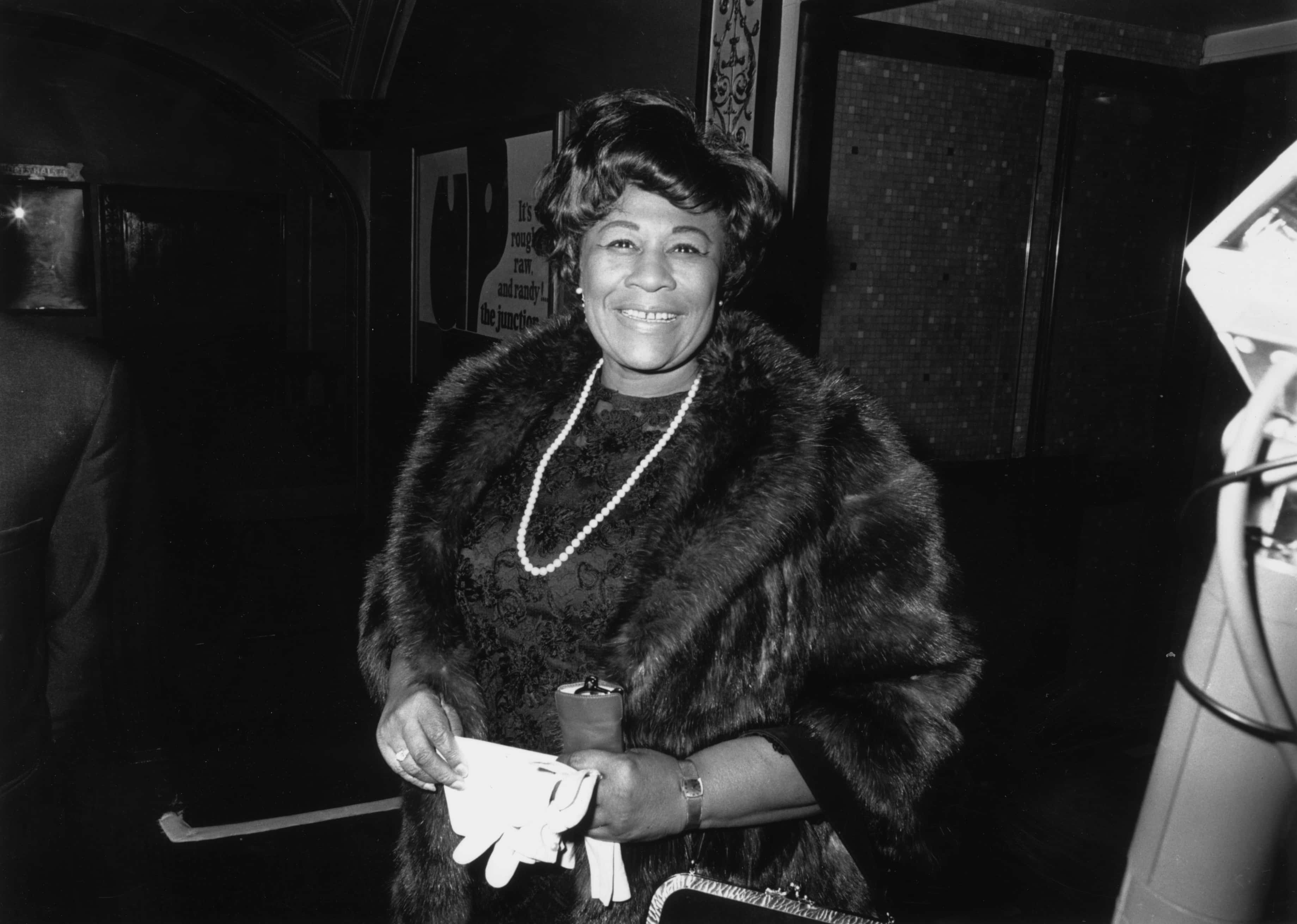
'Flying Home'
One of Fitzgerald's greatest skills was her ability to take simple melodies and lyrics about a daily experience and turn it into a jazz classic. 'Flying Home' is, put simply, about flying home. Composed by Benny Goodman and Lionel Hampton with lyrics by Sid Robin, it builds off a melody Hampton whistled nervously as he waited for his first flight. The Benny Goodman Sextet first recorded the track in 1939 and a variety of renditions followed over the years, with Fitzgerald's seven-minute-plus version coming out in 1979 which was preceded by an earlier version by her in 1954. Speaking about Fitzgerald's version, The New York Times one stated it was "one of the most influential vocal jazz records of the decade...Where other singers, most notably Louis Armstrong, had tried similar improvisation, no one before Miss Fitzgerald employed the technique with such dazzling inventiveness."
Aside from its musical brilliance, the lyrics which state, "I can hear the engines roaring, we're on our way, And we are flying home / I feel the freedom in my soul / Flying home at last," are comforting and oddly fitting for a time where many would want nothing more than to fly home.










